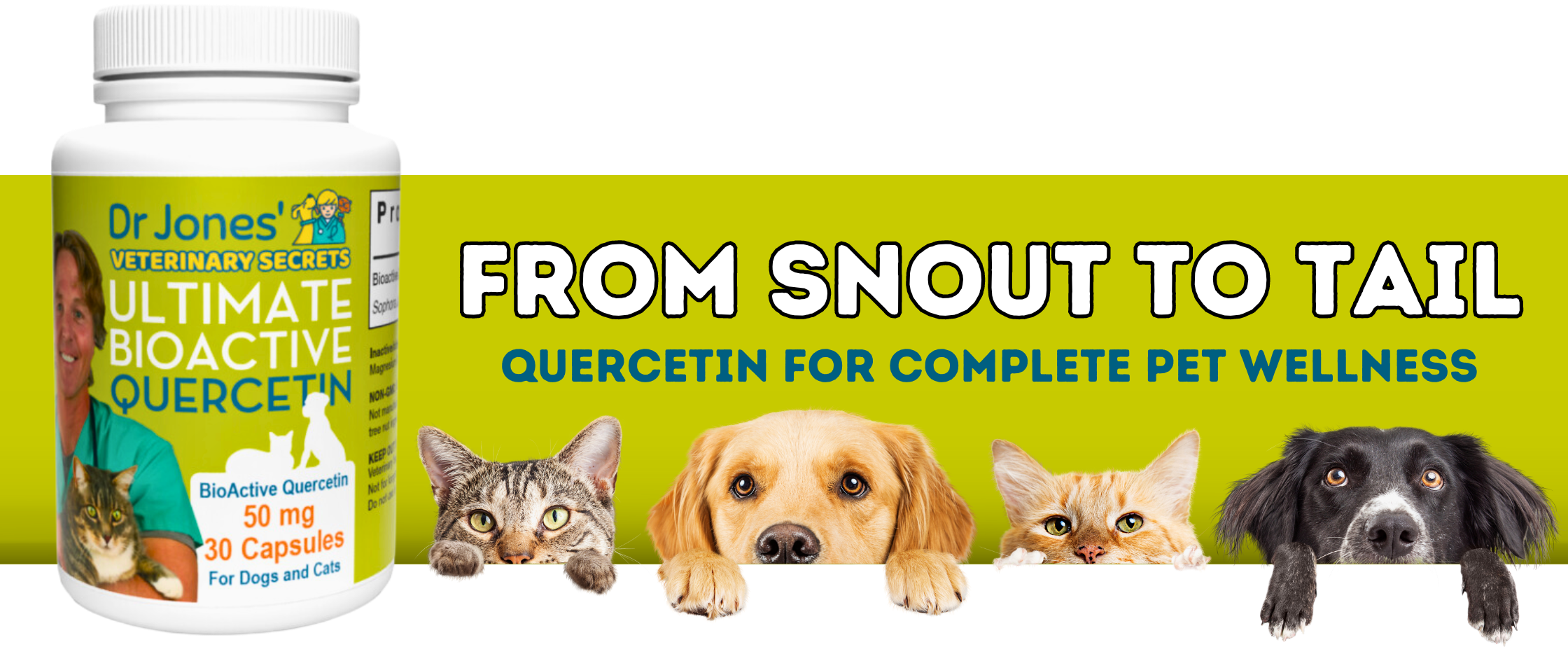Why Your Dog or Cat is Losing Hair: Natural Remedies for Alopecia

Understanding Hair Loss in Pets
Hello! Are you looking to learn more about natural pet health and wellness? You’ve come to the right place. If your dog or cat has skin disease, I encourage you to sign up for my brand new webinar. We’re going to be covering allergies, parasites, mange, recurring ear infections, and I’ll be sharing my top natural remedies. It’s happening Tuesday, March 19th, at 5:00 p.m. Pacific. You’re invited! You can click the link in the box below to sign up.
The most common reason I would see dogs and cats in the veterinary clinic is due to skin disease, in particular, areas of hair loss. Today, I’m going to show you how I would go about looking at a dog or cat with skin disease. I’m going to cover the more common causes, then show you some pretty simple, inexpensive, and easy natural home remedies.
Examining the Area of Hair Loss
The first thing you’re going to do is thoroughly examine the area of hair loss. Let’s say it was the inside of Tula’s ear, on her ear tip. I’d have a closer look, and I’d want to see, is it red or inflamed? Are there signs of little lines around it? Is it crusted in any way? First, what we’re doing there is trying to decide if the skin reaction is inflammatory or non-inflammatory. Then, I also want to consider the age of your animal and where the actual hair is being lost.
Parasites and Fungal Infections
If you have a young dog, less than a year of age, and we’re dealing with an area of hair loss, say it’s around the face below the eye, perhaps there over the top of the front of the foot, but it’s not inflamed at all, it’s just normal-looking hair loss, the skin looks normal underneath, but why is the hair not there? The number one thing I would think about is a parasite called Demodex or demodicosis.
For fungal infections like ringworm, you can use antifungal shampoos or creams like clotrimazole, and even consider apple cider vinegar as a home remedy.
Allergic Conditions and Flea Allergy Dermatitis
If the area of hair loss is red, inflamed, and itchy, the most common cause in dogs and cats is some type of allergic condition. Flea allergy dermatitis is another common cause, where your pet is having an allergic reaction to flea bites, triggering a secondary inflammatory response.
Managing Secondary Skin Infections
Many pets with underlying allergies develop secondary yeast and bacterial skin infections, leading to areas of hair loss. A great natural option to treat this is a mixture of green tea and apple cider vinegar, which has anti-inflammatory, antibacterial, and antifungal properties.
Addressing Metabolic Diseases and Hormonal Imbalances
For symmetric hair loss, you want to rule out metabolic diseases like thyroid disorders or Cushing’s disease. In some cases, hormonal imbalances like alopecia X, primarily seen in Pomeranians, can cause bilateral symmetric hair loss.
Exploring Psychological and Behavioral Causes
Sometimes, pets may exhibit hair loss due to psychological or behavioral issues, such as psychogenic alopecia, where they’re excessively licking one area of their body without a clear physical cause. Anti-anxiety treatments, including supplements like melatonin, can be beneficial.
As you can see, there are multiple different causes of alopecia or hair loss in dogs and cats. By thoroughly examining the area of hair loss and considering the age and health of your pet, you can start to narrow down the potential causes. If your dog or cat has one of these conditions and you’ve yet to try any alternative options, I encourage you to try one of the natural remedies I’ve suggested. Thanks so much for watching, and if you haven’t subscribed yet, I encourage you to do so. And don’t forget to attend our brand new webinar on skin diseases of dogs and cats, where I’ll share even more important top natural remedies.
